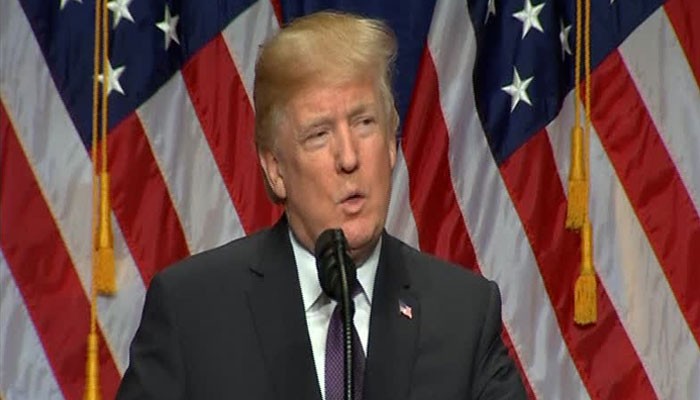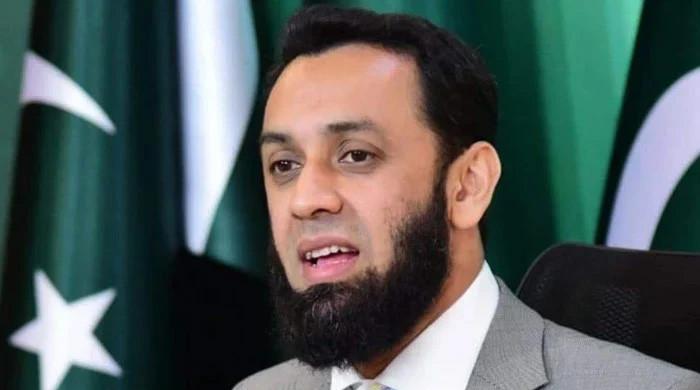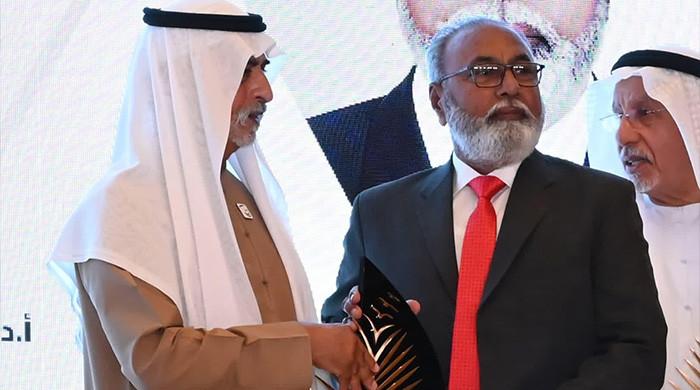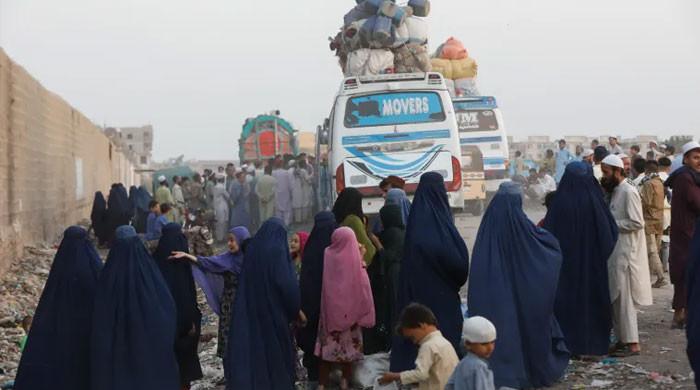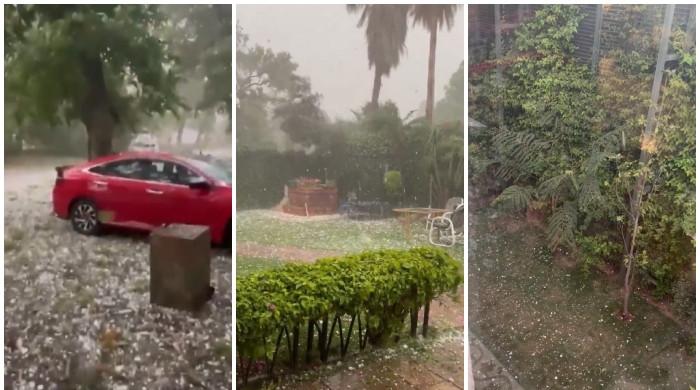Pakistan did not fight war on terror for money: DG ISPR
We need nothing from the US, but acknowledgements for our contributions, our sacrifices and our efforts for peace in the region, says Maj Gen Asif Ghafoor
December 19, 2017
ISLAMABAD: Director General Inter-Services Public Relations Major General Asif Ghafoor on Tuesday said Pakistan did not fight the war on terror for money and the country only needs acknowledgement of its sacrifices and contributions.
“Since 1947, giving Pakistan $50 billion or so, is not our price, as far as money is concerned. If America gave us assistance in the security domain, that is their national interest. Being a superpower, the US has defence cooperation with countries across the world," said the DG ISPR.
“By making some payments over the years in the ongoing war on terror and then claiming that heavy payments are being made, we want to say that Pakistan is not fighting for money,” added the Army spokesman while speaking on Geo News show Capital Talk.
US President Donald Trump, in a new security policy issued on Monday, had insisted that Pakistan take a "decisive action against militant and terrorist groups operating from its soil".
He added that lately the government and the army chief have also given statements over the issue.
"We need nothing from the US, but acknowledgements for our contributions, our sacrifices and our efforts for peace in the region," stated the major general.
Referring to the start of the war, DG ISPR said, "We all know how the war on terror started and how it was imposed upon us and we have fought it as our war in the interest of our country."
"We did whatever we had to in the interest of Pakistan and what we do in the future will also be in our interests," said the Army spokesman.
He added that Afghanistan's war will not be fought again on Pakistani soil and there have been plenty of discussions regarding measures which need to be taken on the Pak-Afghan border and coordination.
When asked if the US policy is giving an upper hand to India in the region, Ghafoor said the US, being a superpower, has its own interests in the region and relations with sovereign nations.
"But one line which has been clarified to them by Pakistan is that any policy which compromises Pakistan's national interest will not be acceptable," said the Army spokesman.
He further said that the US can give India any status it so chooses, but any role which gives India permission to work against Pakistan’s national interest will not be acceptable to the country.
US security policy
The 55-page security policy released by the United States mentions that it continues to face threats from transnational terrorists and militants operating from within Pakistan.
The document said that the US interests in the region include countering terrorist threats that impact the security of the US and its allies, and preventing cross-border terrorism among others.
"We seek a Pakistan that is not engaged in destabilising behaviour and a stable and self-reliant Afghanistan. We will press Pakistan to intensify its counterterrorism efforts, since no partnership can survive a country’s support for militants and terrorists who target a partner’s own service members and officials."
Announcing the new national security strategy at the White House, Trump said, "We have made it clear to Pakistan that while we desire a continued partnership, we must see decisive action against terrorist groups operating on their territory."
"And we make massive payments every year to Pakistan; they have to help," he added.
In August, Trump lambasted Islamabad for harbouring "agents of chaos" on its soil, as he cleared the way for the deployment of thousands more US troops to Afghanistan.
Pakistani officials responded to the allegations saying that the US should not “scapegoat” Pakistan for its failure to eliminate militant sanctuaries inside Afghanistan.
The document further said the prospect for an Indo-Pakistani military conflict that could lead to a nuclear exchange and remains a key concern requiring consistent diplomatic attention, besides preventing nuclear weapons, technology, and materials from falling into the hands of terrorists.
"The US will also encourage Pakistan to continue demonstrating that it is a responsible steward of its nuclear assets."
The US also promised to further its trade ties with Pakistan if it helped Washington achieve counterterrorism goals.
"In Pakistan, we will build trade and investment ties as security improves and as Pakistan demonstrates that it will assist the United States in our counterterrorism goals," the document read.
